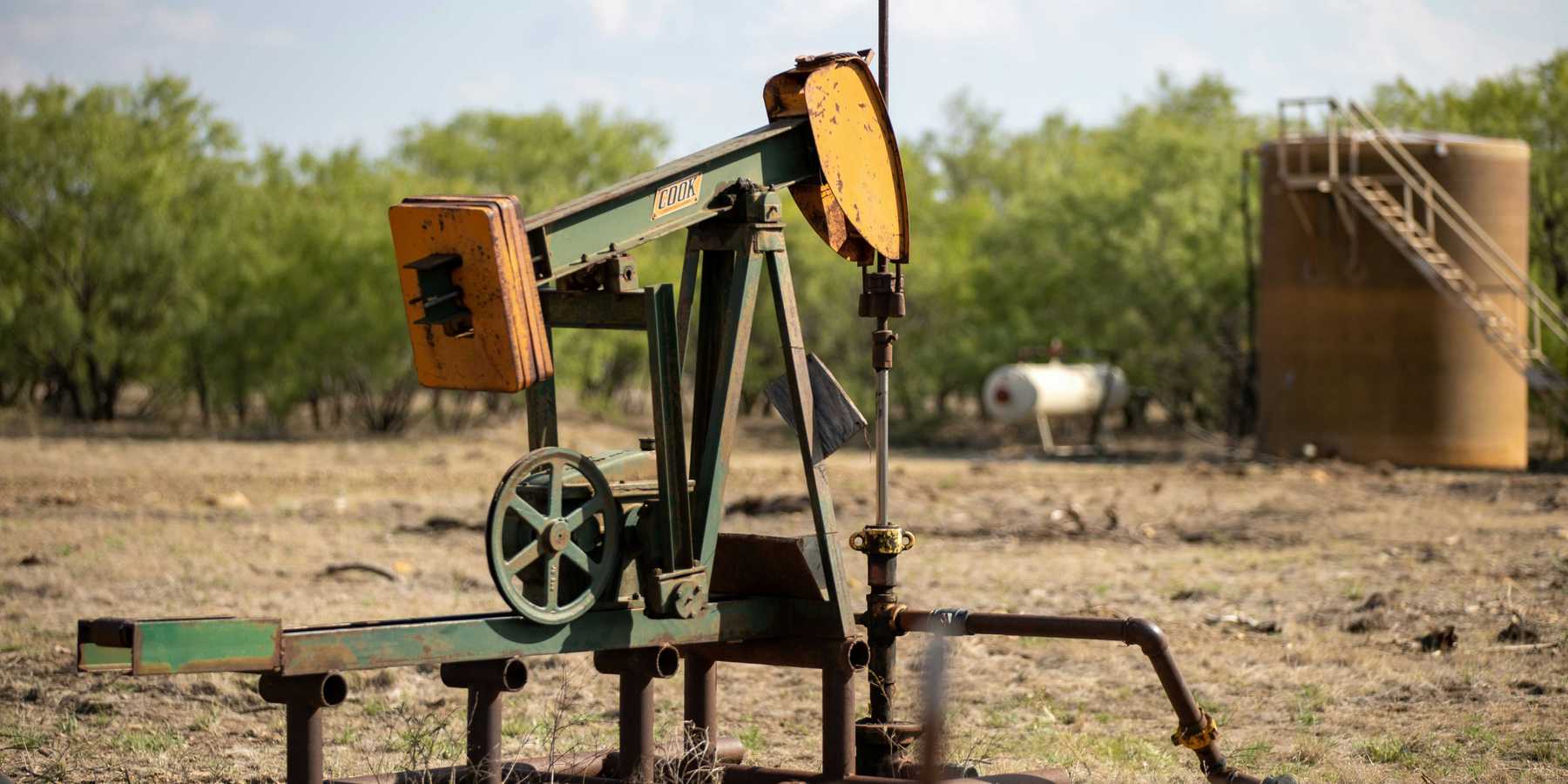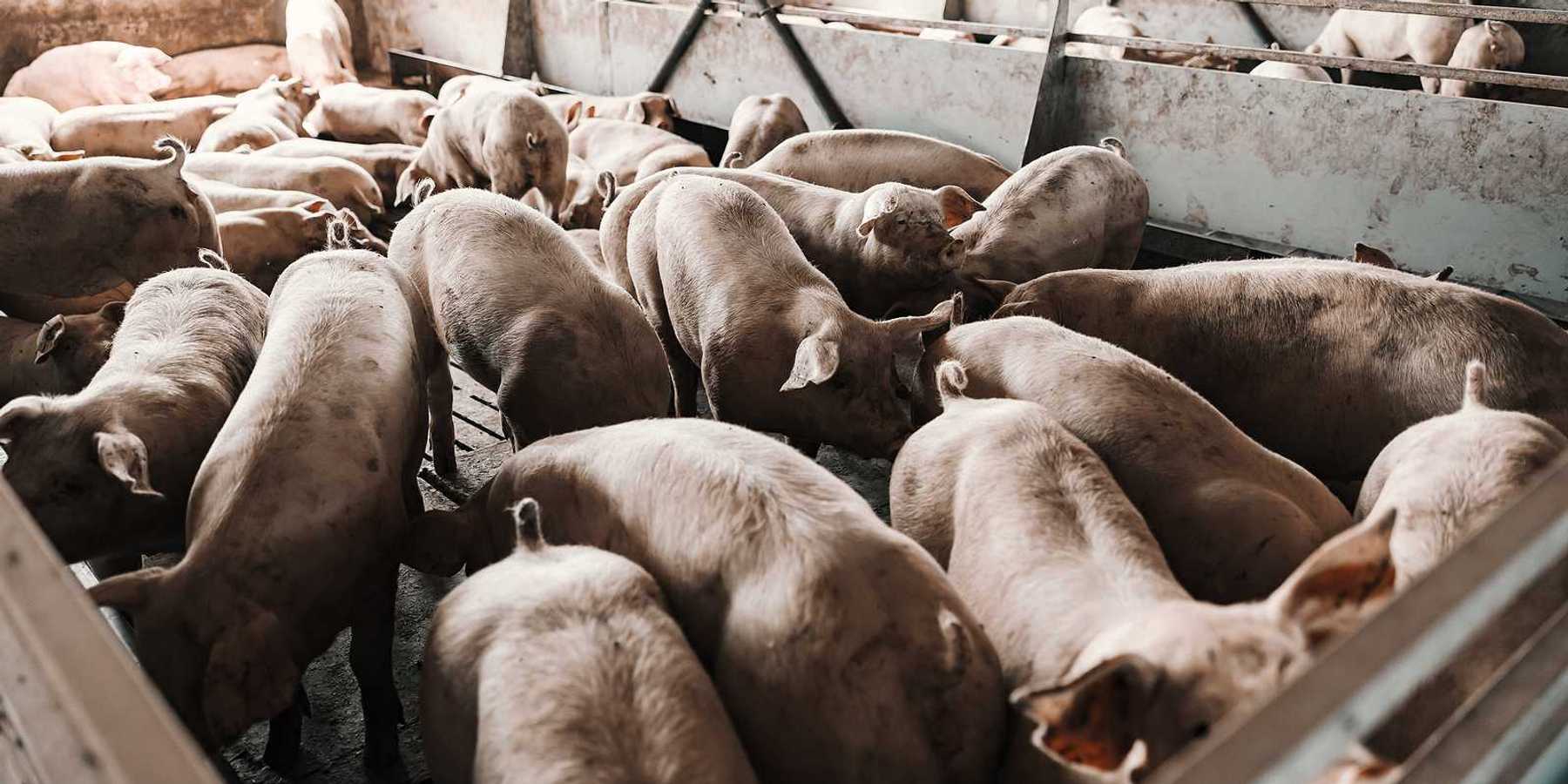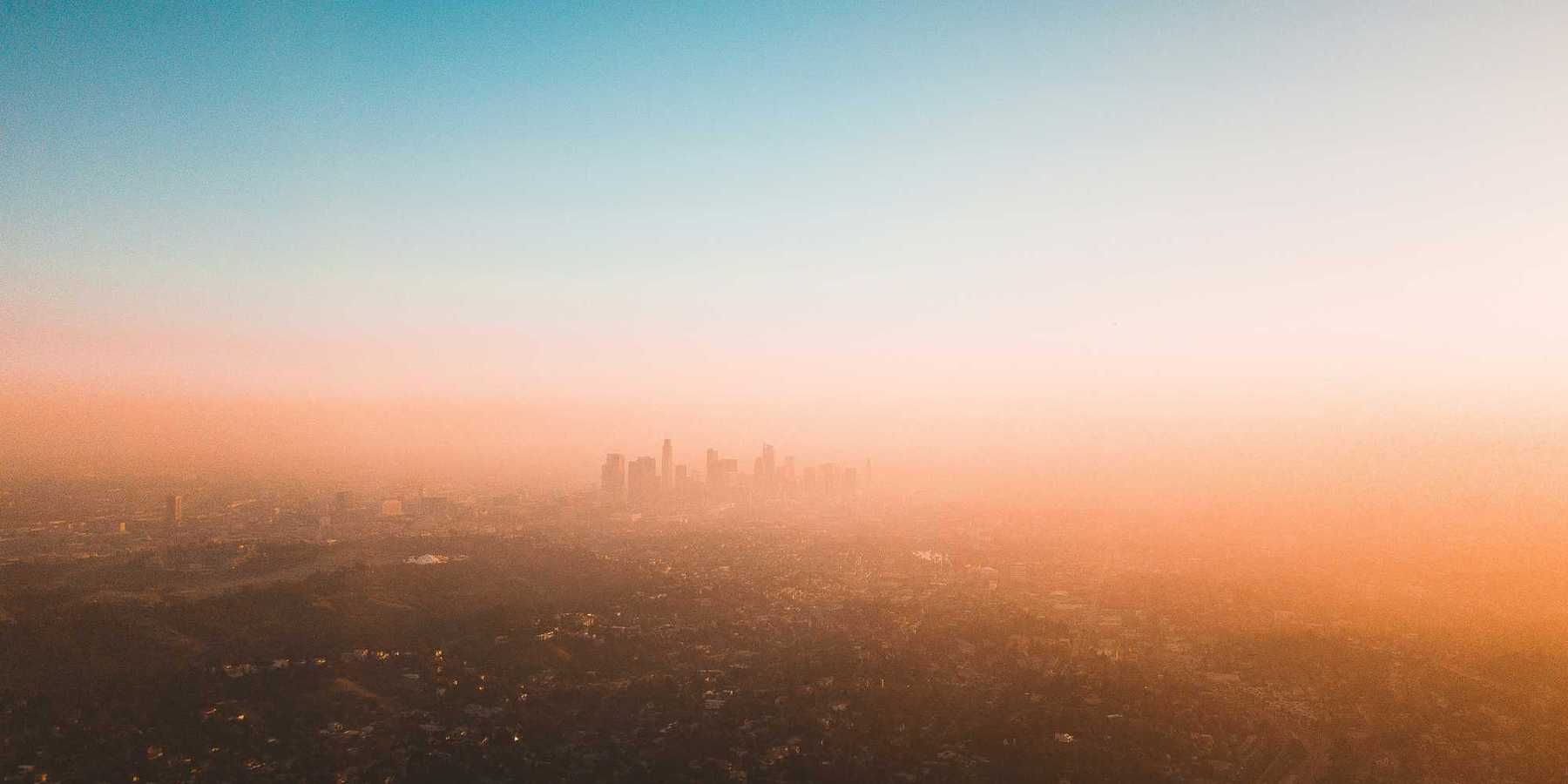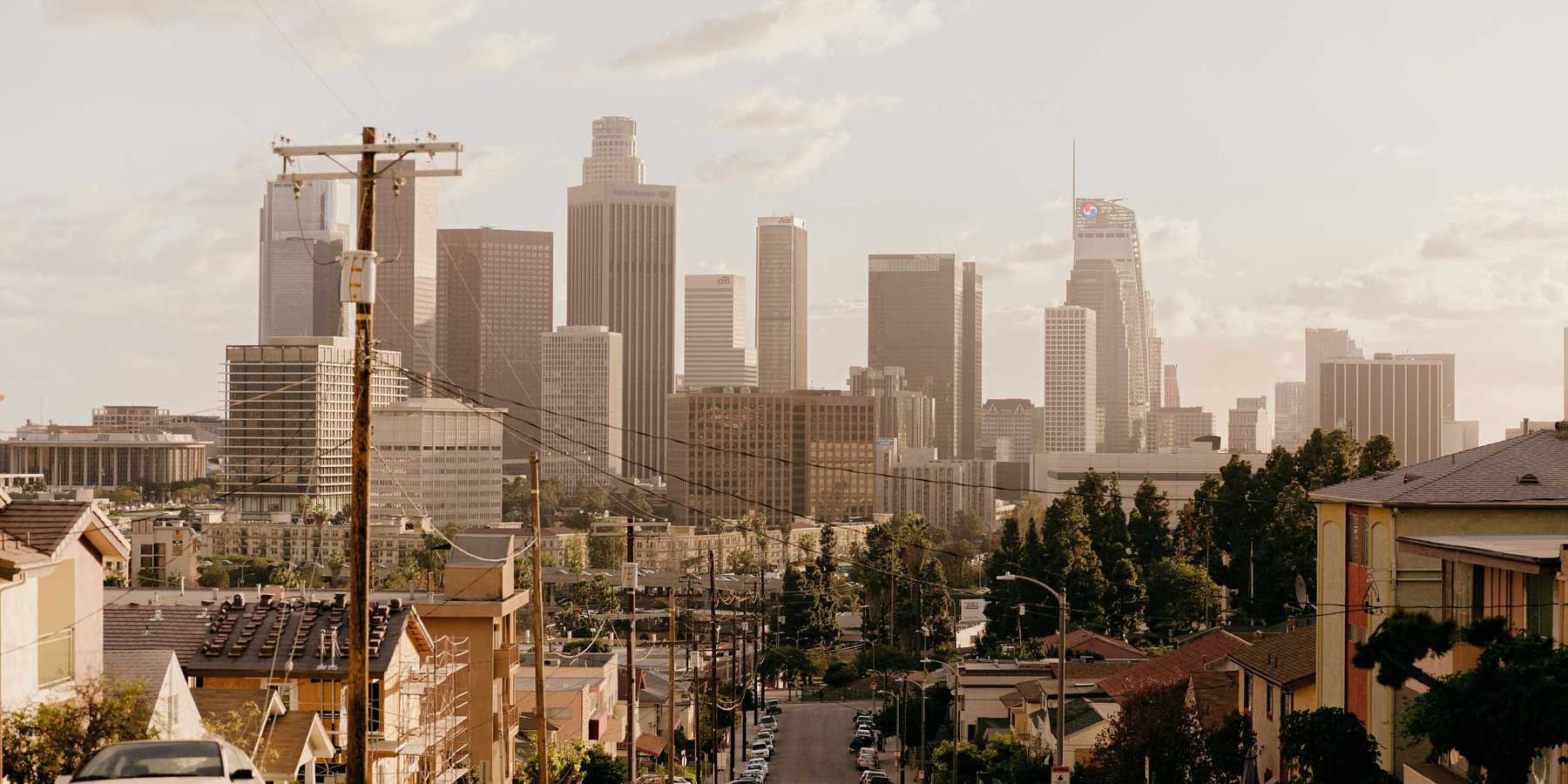Flooding poses growing economic threat with annual costs reaching hundreds of billions
Flooding, increasingly severe due to extreme weather, is costing the U.S. economy between $179.8 and $496 billion annually, according to new Senate Joint Economic Committee data.
Andrew Freedman reports for Axios.
In short:
- The annual cost of flooding is now more than 1% of the U.S. GDP, stressing the insurance industry and homeowners.
- Infrastructure upgrades needed for flood protection range from $70 billion to $345 billion.
- Rising sea levels and frequent heavy precipitation are driving increased flood risks linked to human-caused climate change.
Key quote:
“We find around $100 billion in annualized damages to properties due to flood risk.”
— Jeremy Porter, head of climate implications for the research group First Street Foundation
Why this matters:
As climate change intensifies, the economic burden from flooding is expected to grow, affecting businesses, homeowners, and the insurance industry. For families, this means increased insurance premiums and, in many cases, the heart-wrenching decision to relocate. For health professionals, the aftermath of flooding brings a surge in waterborne illnesses and mental health crises. For scientists and regulators, the data is a clarion call to double down on climate resilience strategies, investing in better flood defenses, sustainable urban planning, and robust early warning systems.













